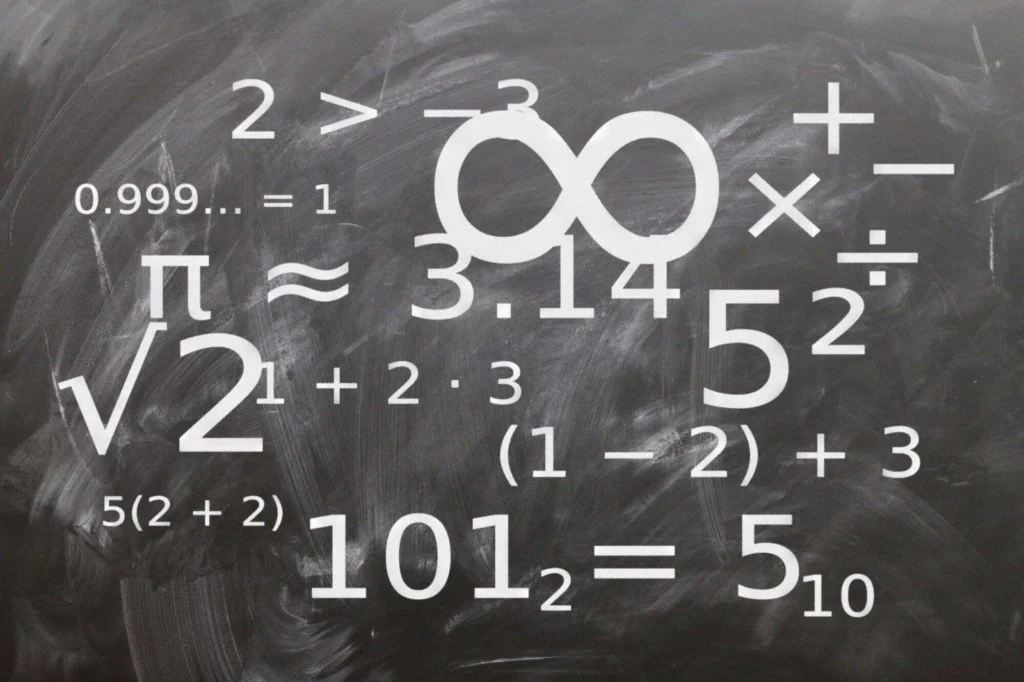Have you ever wondered how practice can make you better at math?
Focusing on drilling can help strengthen your skills and boost your confidence. With effective strategies, anyone can improve their understanding of mathematical concepts. Whether you’re preparing for a test or just want to get better, regular practice is key.
If you’re interested, read on. Let’s explore how a drill in mathematics can elevate your math abilities through focused practice.
Benefits of Drilling
Drilling in mathematics brings many benefits that can help students succeed. First, it helps improve problem-solving skills.
When students practice regularly, they become faster and more accurate at solving math problems. This can lead to better grades and a greater understanding of math concepts.
Also, it boosts confidence. As students experience progress with effective math practice techniques, they feel more capable. This newfound confidence encourages them to tackle difficult problems.
Lastly, drilling provides a solid foundation. It helps students master basic skills, making it easier for them to learn advanced topics later on.
Types of Math Drills
Several types of math drills can help students practice math problems. One common type is flashcards – these are great for practicing basic math facts, like addition and multiplication. Students can use them alone or with friends.
Another type is timed quizzes. These help students work on speed and accuracy.
Green homework can also be a useful tool. This involves math exercises that students complete at home and return to school for feedback.
Finally, online math games make practice fun and interactive. Each type of drill can make learning math easier and more enjoyable.
Creating a Study Schedule
Making a study schedule is a great way to plan your math practice. Begin by setting aside specific times each week for drilling.
Choose times when you are most alert and focused. Break your study sessions into short periods to help you stay engaged.
For example, practice for 20 minutes, then take a short break. Include a variety of drills in your schedule, such as flashcards, quizzes, and games. This mix will keep your practice interesting and help you improve more effectively.
Tips for Effective Practice
To make your math practice effective, focus on quality over quantity. Start with a clear goal for each session. Decide what you want to improve, whether it’s a specific skill or problem type.
Use different drills to keep things fun and interesting. Take breaks often to avoid feeling tired.
After each practice, review your answers. This helps you understand mistakes and learn from them.
Finally, ask for help when needed. Support from teachers or friends can make a big difference.
Common Mistakes to Avoid
When practicing math, students often make some common mistakes. One mistake is rushing through problems. Taking your time is important for understanding.
Another mistake is not checking your work. Always review your answers to catch any errors before moving on.
Students sometimes focus too much on one type of problem and neglect others. It is vital to practice different topics to become well-rounded. Avoiding these mistakes will help you get better at math.
Boost Your Skills With a Drill in Mathematics
Practicing a drill in mathematics is an excellent way to improve your skills. It helps your brain get used to solving problems quickly and accurately. Remember, the more you practice, the better you become.
So set aside some time each week for your drills. With patience and dedication, you will see big improvements in your math abilities and feel more confident in class. Keep working hard!
Check out our other posts for more helpful guides and tips!







